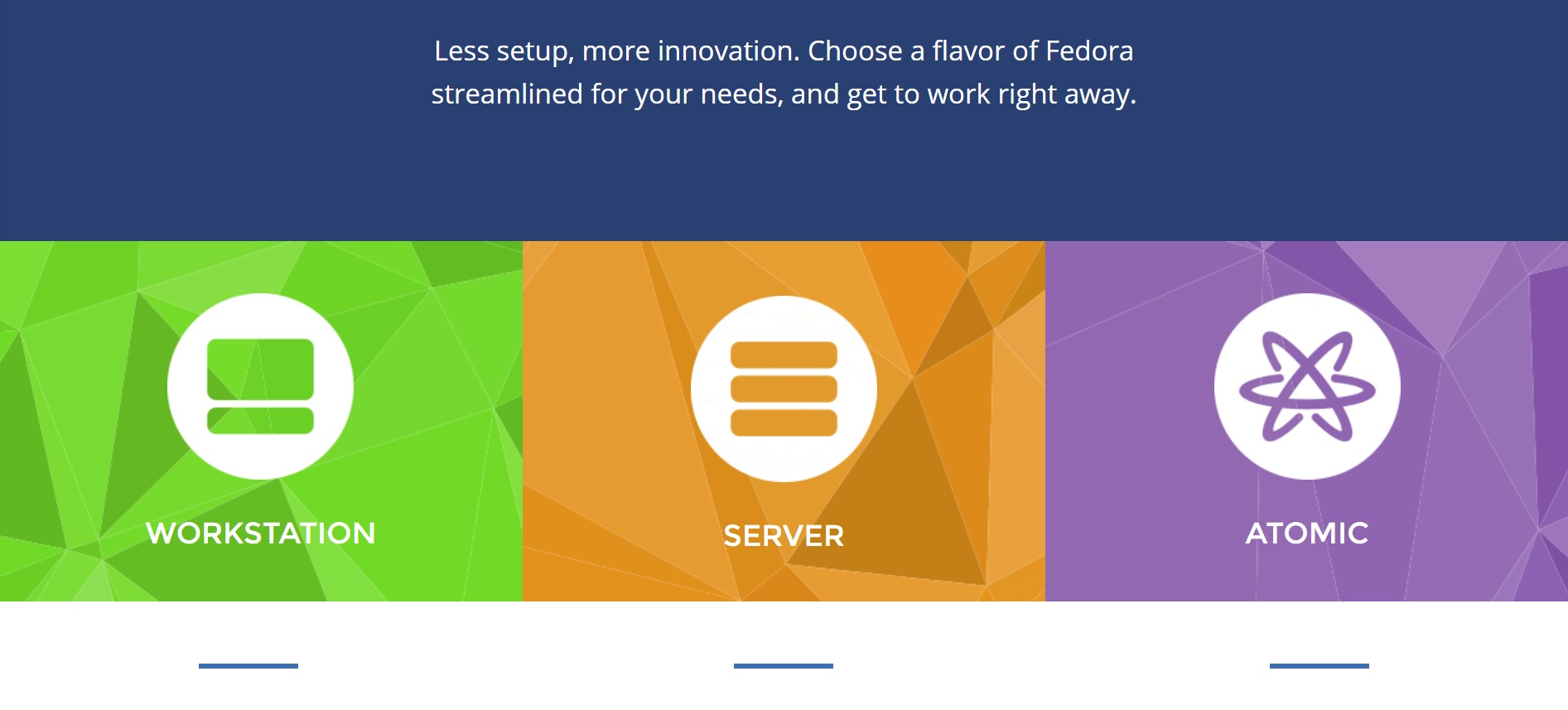Previously a single Linux distribution, Fedora was divided into three distinct editions in 2014: Workstation, Server and, replacing Fedora Cloud, Atomic Host.

“The Fedora operating system seeks to deliver the latest innovations in the world of free and open source software to our users, from next-generation display servers to powerful application development tools. Fedora 25 helps to achieve this goal with the long-awaited debut of Wayland, the addition of a streamlined upgrade path and a new edition designed to take advantage of Linux containers,” Matthew Miller, Project Leader, Fedora.
Debut of the Wayland display server
Providing many of the latest open source developer and desktop tools, Fedora 25 Workstation has replaced the legacy X11 system with Wayland. It has been under development for several years and claims to provide a smoother, richer experience for graphical environments and better capabilities for modern graphics hardware.
To further enhance ease-of-use, Workstation also features GNOME 3.22, which offers multiple file renaming, a redesigned keyboard settings tool and additional user interface improvements. It has also been equipped with decoding support for the MP3 media format.
Fedora 25 Server
Beyond the flexible multi-role functionality provided by rolekit, Fedora 25 Server now delivers a new SELinux Troubleshooter module for Cockpit. The module helps provide suggestions for a user when a SELinux denial is encountered, which otherwise requires log checking and manual workarounds.
Server also will now display SSH keys in the system dashboard to make it easier for administrators to see what keys are connecting to a given machine. Additionally, support is now included for multi-step (including two-factor) authentication services.
The FreeIPA identity management system has also been upgraded to 4.4 series, which offers a set of new features for servers deployed in an identity management role. Some of these enhancements include:
Topology management: FreeIPA web UI can now be used to visually manage topology graph for large deployments.
DNS sites: DNS management in FreeIPA now supports location-specific placement of services.
Subordinate Certificate Authorities: FreeIPA Certificate Authority now is able to create subordinate CAs to issue certificates with a specific scope.
Kerberos Authentication Indicators: Kerberos KDC now takes Authentication Indicators into account when issuing service tickets. For example, two-factor authenticated Kerberos credentials can now be required prior to obtaining tickets to a VPN service (supported by OpenConnect Server).
Introduction of Atomic Host
New in Fedora 25 is the addition of Atomic Host as one of Fedora’s three editions, replacing Fedora Cloud. While a Fedora Cloud Base image will continue to be available for users seeking to run workloads on a general purpose host, Atomic Host aims to provide an optimized host designed to create and deploy container-based workloads.
To keep pace with innovations in the world of Linux containers, Atomic Host is expected to be refreshed on a two-week release cycle (with major releases coinciding with new Fedora versions) and provides an easy upgrade path to accommodate rapid application development.
Fedora has also revealed to offer a docker-formatted base image, to be updated monthly along with critical security updates, for use in building Linux containers.
